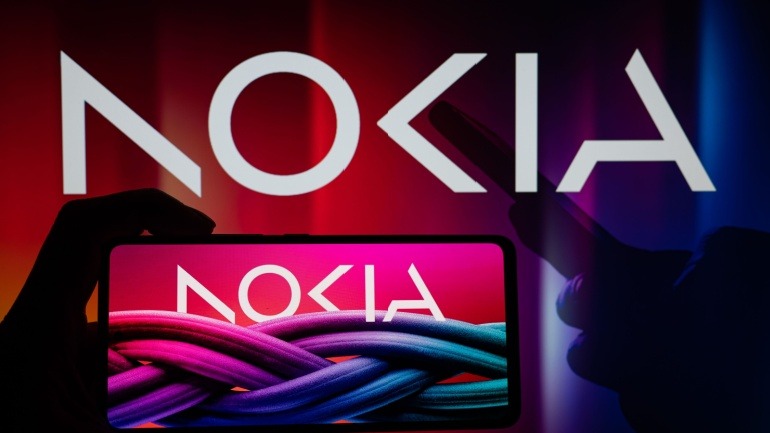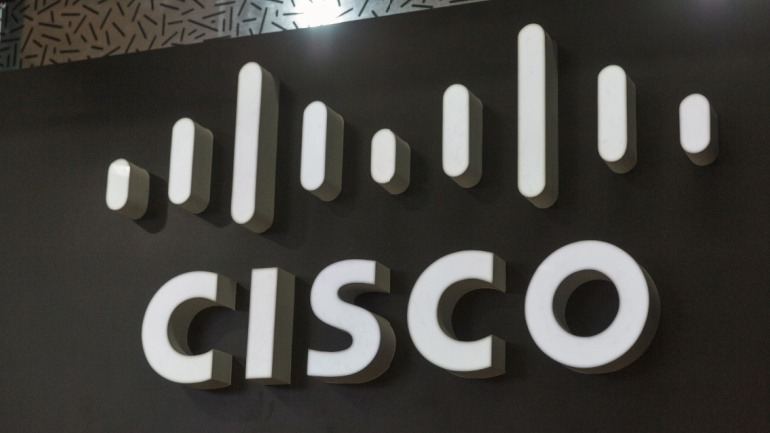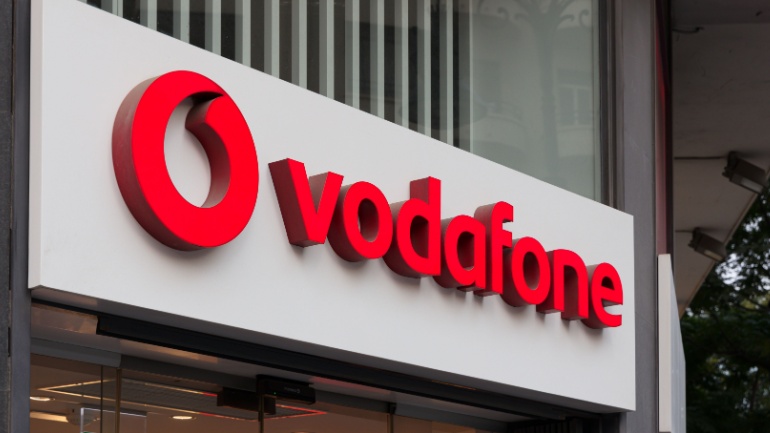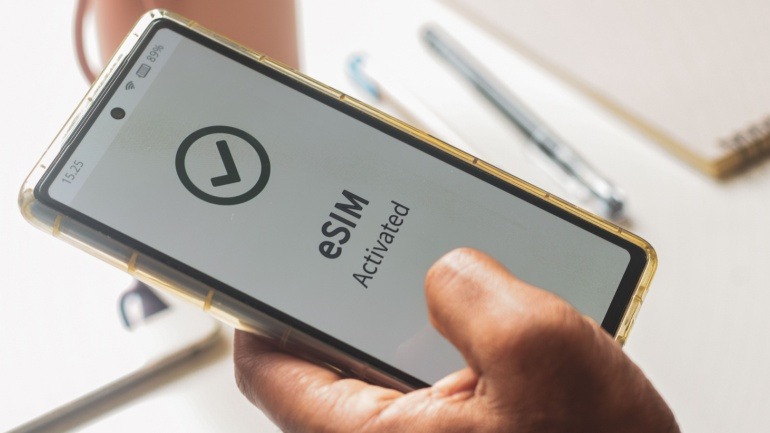Nokia’s recent strategic shift raises eyebrows as it slashes European jobs while investing $4 billion in US R&D. This move underscores a stark pivot towards American interests amid Europe’s digital sovereignty push. As Nokia realigns, VoIP professionals must assess the implications on European technology autonomy and market dynamics.
Quantum computing is set to revolutionize the internet. IBM and Cisco are paving the way for a quantum computing internet by 2030. This innovation could significantly change VOIP communications, enabling faster, more secure connections. Their joint efforts may unlock new possibilities for the VOIP industry and beyond.
Meta and a coalition of leading tech firms, including Google and Microsoft, have completed the infrastructure for the extensive 2Africa submarine network. This massive international subsea project promises to significantly boost internet connectivity across Africa, Asia, and Europe. With enhanced VoIP services, regions can expect accelerated economic growth and improved communication.
RCS, revolutionizing business communication, is spotlighted with Apple’s iOS 18 inclusion. Supported by tech giants and telecoms like Google, RCS outshines SMS by offering rich media experiences in messaging apps. As enterprises explore RCS integration, the technology offers improved analytics, security, and global reach for superior engagement.
In the fast-changing digital world, consumers are gravitating towards AI assistants such as ChatGPT and Google Gemini for convenience and speed, according to TELUS Digital. Survey data reveals that 32% of users have shifted from traditional apps to AI. The trend is driven by factors like faster task completion and enhanced accessibility, reshaping technology use.
Vodafone’s RAN overhaul, leveraging advanced VoIP technologies for 5G services, marks a pivotal shift. By integrating carrier aggregation, AI, and Open RAN, Vodafone aims to enhance network efficiency. Vendors like Ericsson play key roles, highlighting Vodafone’s balanced strategy in the competitive telecommunications market. This digital innovation promises enhanced connectivity.
Deutsche Telekom revolutionizes VoIP experiences with its new cross-platform eSIM switch, enabling seamless transitions between Android and iOS devices. This innovative feature ensures flexibility and security, removing the hassle of additional apps or paperwork. The eSIM switch simplifies changing devices, aligning perfectly with the digital integration trend.
Ericsson and twelve leading telecom providers have launched Aduna, a joint venture to accelerate global adoption of network APIs. Backed by major operators and cloud partners, Aduna builds on Ericsson’s secure platform and supports initiatives like Open Gateway to standardize APIs.
SoftBank is expanding its AI infrastructure with the world’s largest Nvidia DGX SuperPOD using more than 4,000 Blackwell GPUs. The upgrade boosts total capacity to over 10,000 GPUs, enabling 13.7 exaflops of computing power.
Pennsylvania emerges as a key player in AI and energy sectors with over $90 billion in investments. The focus on data centers, energy infrastructure, and AI workforce training promises extensive job opportunities.













